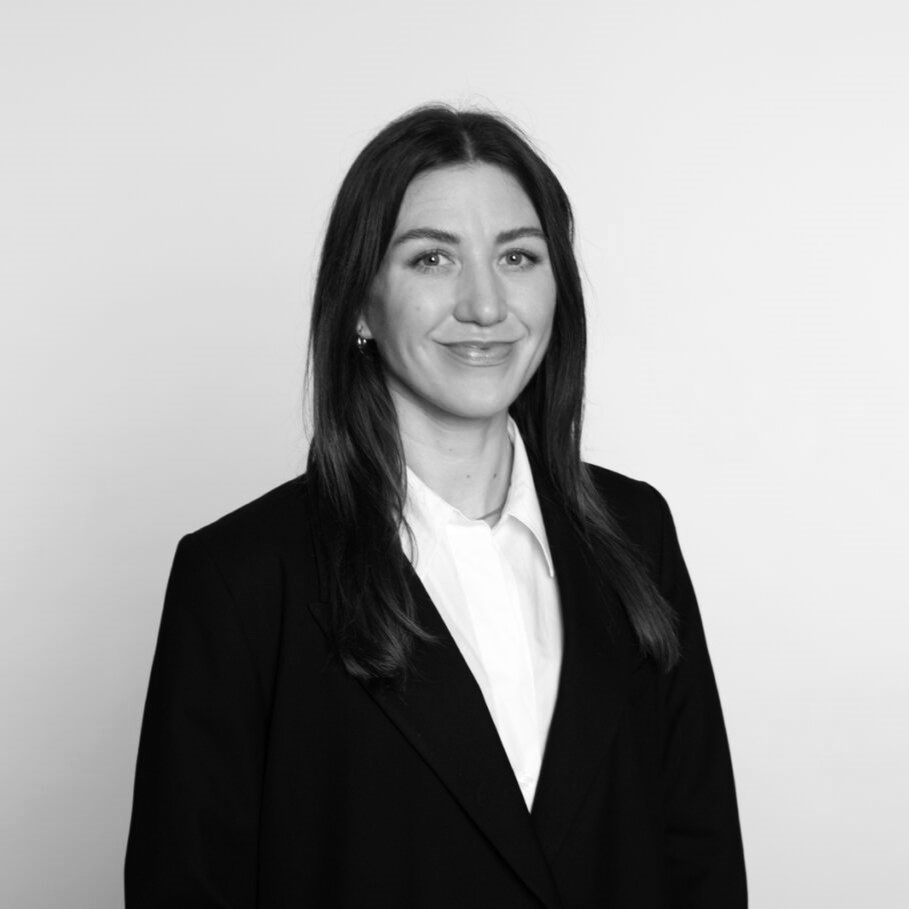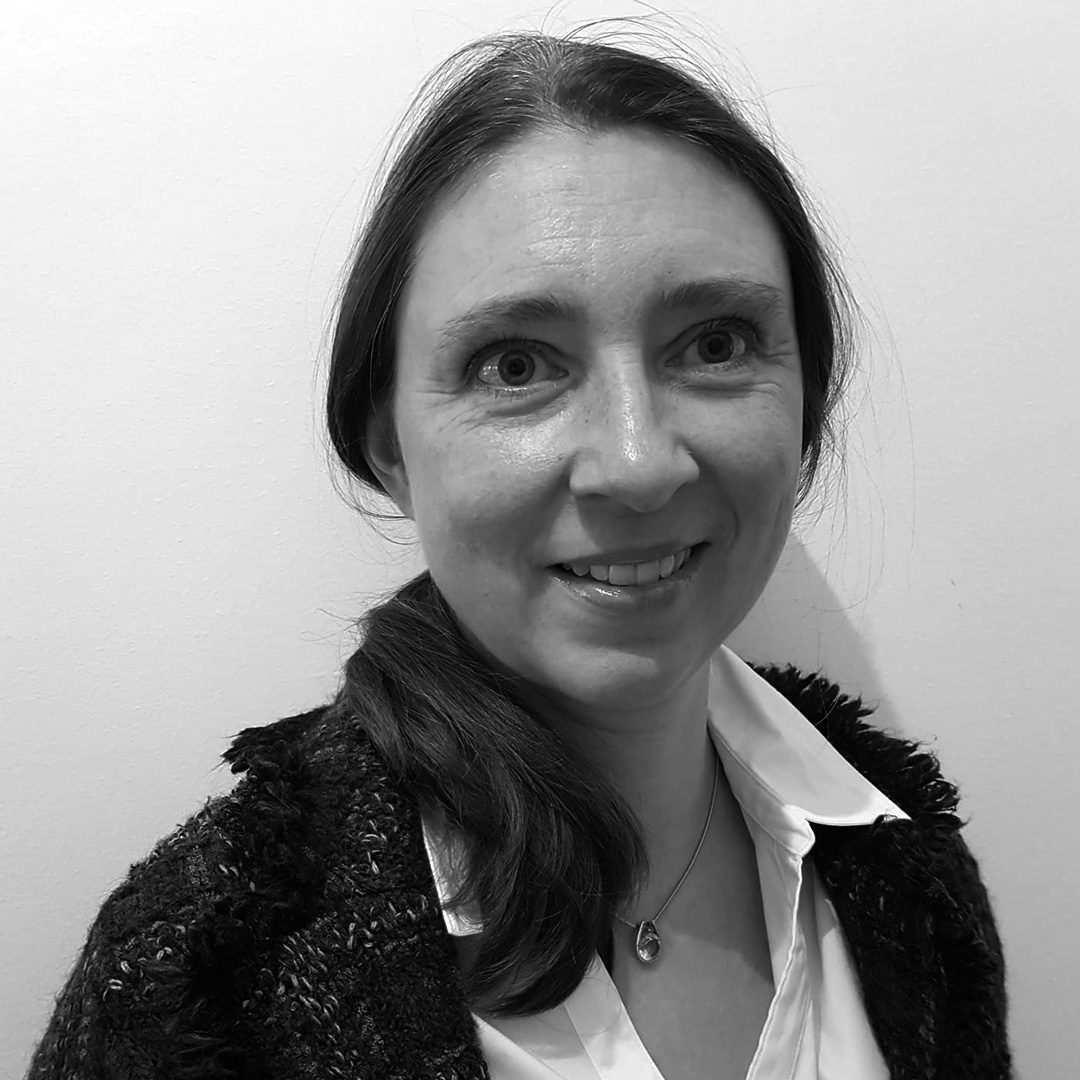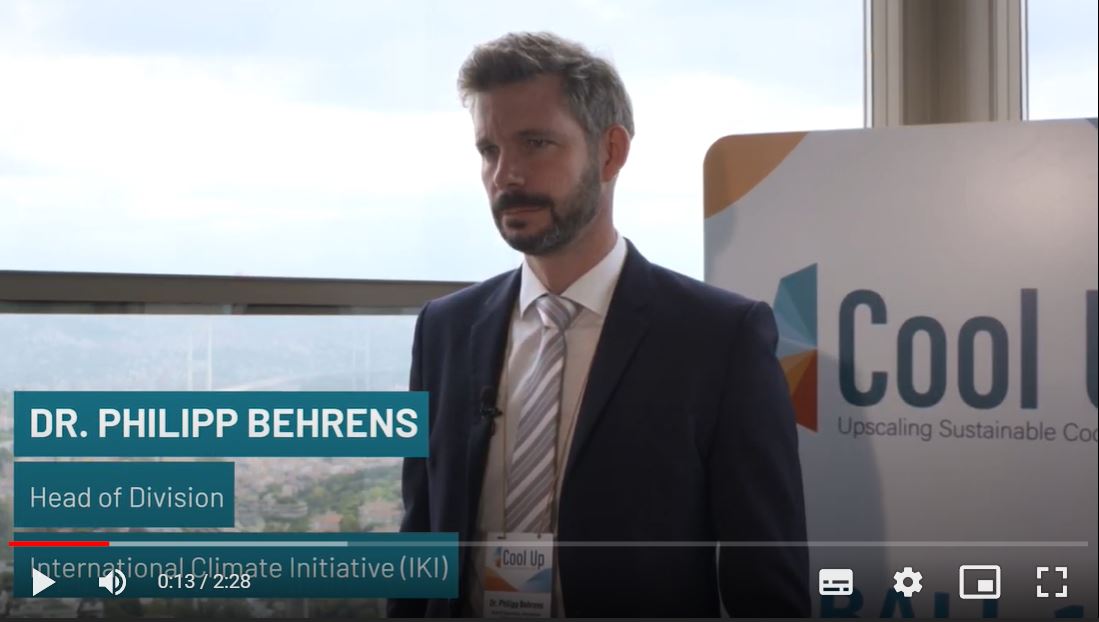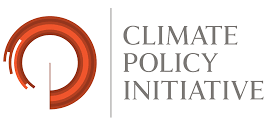Tackling the cooling challenge
The Cool Up programme
The Cool Up programme promotes sustainable cooling in Egypt, Jordan, Lebanon and Türkiye.
Rising temperatures coupled with population growth, urbanization, and higher standards of living mean that demand for cooling is set to soar. More cooling results in more greenhouse gas emissions and global warming. Cool Up aims to interrupt this vicious cycle by tackling the growing cooling demand while mitigating its adverse impacts on the ozone layer and the climate.




9 partners in six countries
To fulfill our mandate efficiently, we focus on countries, sectors and instruments where capital is scarce and our development impact is likely to be strong. Capital is scarce where other investors are reluctant to invest because of high risk. These two criteria – additionality and impact – constitute the backbone of our strategy.
tCO2eq in 6 years
people in 6 years
Challenge
By 2040, energy demand in the Middle East and North Africa (MENA) is projected to increase by 50%. Cooling generally represents more than half of the energy consumption in air conditioning-equipped households in this region. Many of the typical space cooling and refrigeration system appliances are inefficient and rely on refrigerants with a high global warming potential. Climate change, rapidly growing populations, urbanization, and higher standards of living will spur this increasing demand for cooling and thus exacerbate the adverse effects that increased cooling demand has on the ozone layer. The German Federal Ministry for the Environment, Nature Conservation and Nuclear Safety (BMU) seeks to address these and other topics related to climate change mitigation in its International Climate Initiative (IKI).






